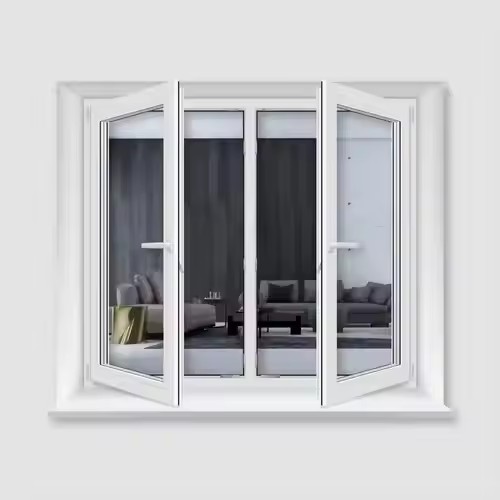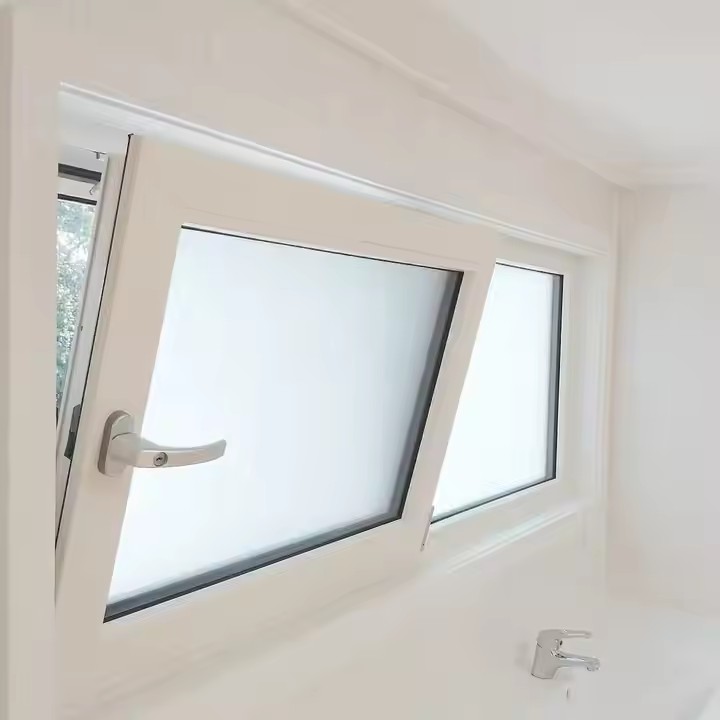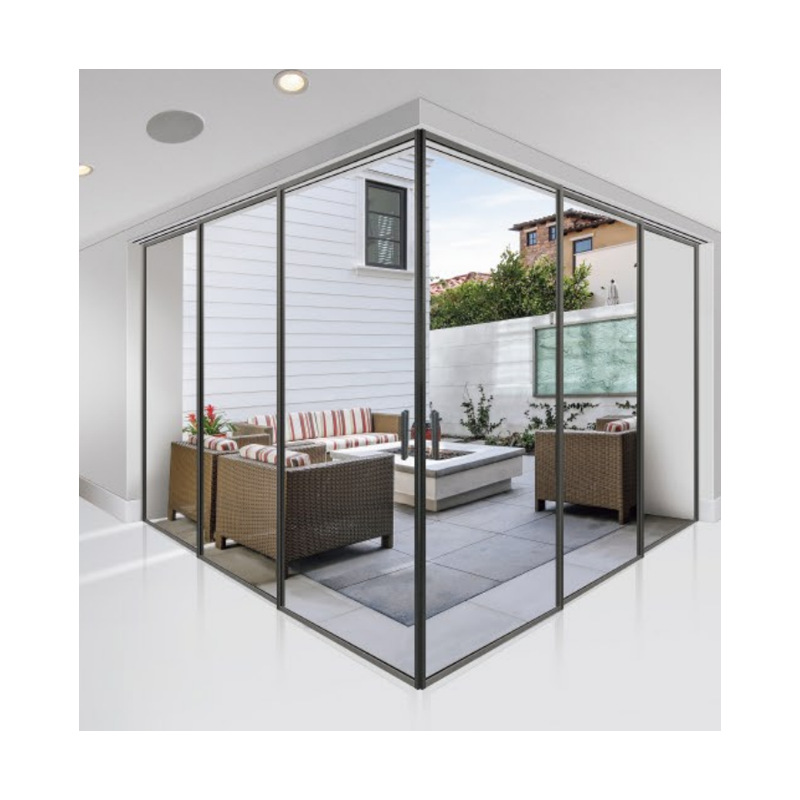- Precise Brand Positioning as the Foundation
Brand positioning defines a brand’s place in the market and its target audience. Door and window brands must conduct in-depth market research, analyze consumer needs and competitor strategies, and clearly identify their unique value proposition.
Some brands aim at the high-end market. For instance, Royal (Huangpai) Windows targets consumers seeking a high-quality lifestyle and superior acoustic insulation. Its cutting-edge soundproof technology and premium product design have helped it establish a high-end sound-insulating brand image. On the other hand, Alps Windows positions itself as “high quality at affordable prices.” Through scaled production and optimized supply chains, it reduces costs, making quality windows accessible to more households, focusing on price-conscious mainstream consumers.
A clear and rational brand positioning helps secure a distinct place in consumers’ minds, laying the groundwork for effective brand communication and marketing.
- Superior Product Quality as the Core
Product quality is the cornerstone of any brand. For doors and windows, quality directly affects safety, insulation, and soundproofing performance.

Sayyas Windows specializes in aluminum-clad wood windows, using premium timber and eco-friendly “three-coat-three-bake” paint technology. Its formaldehyde emissions are far below national standards, and its full-window insulation performance can reach a U-value of 0.8W/(㎡·K), meeting strict energy-saving standards in various projects. YKK AP, following Japan’s JIS industrial standards, manufactures critical components in-house, and its products are known for durability, with a lifespan of over 50 years.
To build a strong brand, Chinese door and window companies must enforce strict quality control at every stage—from raw material sourcing to production and inspection—earning consumer trust with outstanding product quality.
- Continuous Technological Innovation as the Driving Force
In an era of rapid technological advancement, innovation is key to brand development. It enhances product performance and helps tap into new market needs.
Janus Windows focuses on smart technologies, developing its own intelligent window control systems featuring rain sensors, remote operation, and security integration. These systems have earned multiple patents and offer consumers a smart and convenient window experience, leading trends in smart windows. Fulimen Shijia, inventor of temperature-regulating health windows, integrates nanotechnology to develop intelligent thermal-insulation products. Its glass surfaces are coated with nano-materials, achieving a U-value as low as 0.8 and meeting passive house standards, effectively maintaining indoor temperature and catering to consumers’ comfort and energy-efficiency needs.
Chinese window brands should invest more in R&D, collaborate with research institutes and universities, and continually launch innovative products to stay competitive in the market.
- Unique Design Style as a Highlight
With rising aesthetic standards among consumers, design has become a key factor in purchase decisions. A unique style adds value to products and meets consumers’ demand for personalization.
Diaosi Windows works with an Italian design team and promotes a minimalist luxury style. Its product line includes slim-frame system windows and smart lift-and-slide doors. With sleek lines and high-end hardware, it aligns perfectly with modern home décor trends, adding style and sophistication to interiors. Milan Windows, branded as a “fashion window brand,” partners with global luxury brands and incorporates techniques like crystal inlay and brushed metal into its designs. Products such as “panoramic floor-to-ceiling windows” and “frameless folding doors” combine high transparency with UV protection, offering both functionality and decorative appeal while leading fashion trends in the window industry.

Door and window brands should focus on building strong design teams or collaborate with top design agencies and designers to infuse aesthetics into their products, enhancing artistic value and consumer appeal.
- Comprehensive Service System as a Guarantee
Excellent service improves customer experience, strengthens brand loyalty, and enhances the brand’s overall image. A complete service system should cover every stage—from pre-sale to after-sale.
Feyu Windows offers an integrated “Measurement – Design – Production – Installation – After-sales” service. It has professional teams for each stage to ensure products match customer needs and are installed efficiently. The brand has also established a reliable after-sales system, with prompt responses to customer issues. Their customer satisfaction rate reaches an impressive 98.6%.
To build a strong brand, companies must prioritize service quality, invest in training for service personnel, and improve both service awareness and professionalism. Warm, attentive, and professional service will help earn consumer trust and shape a positive brand image.

